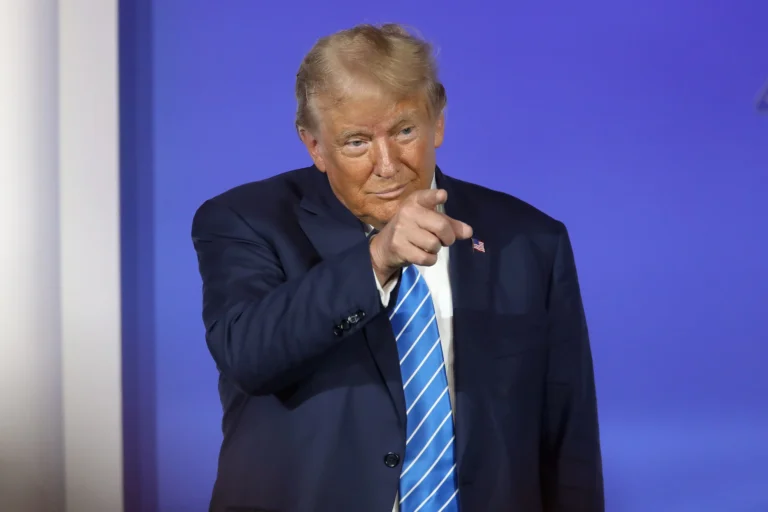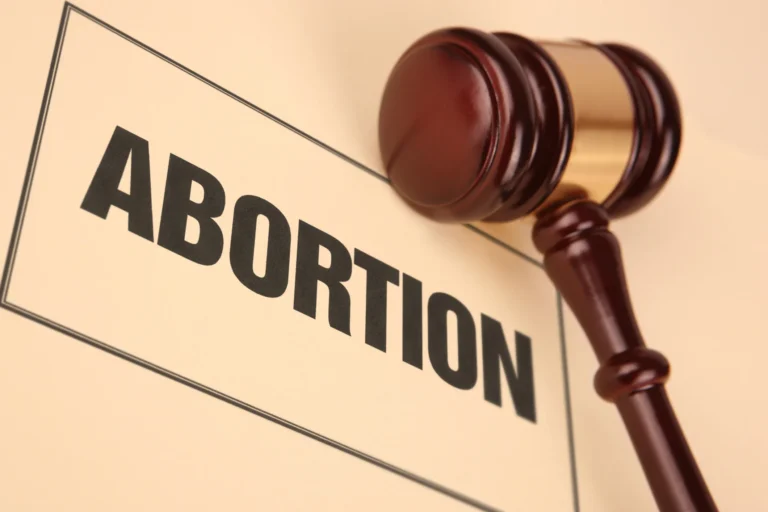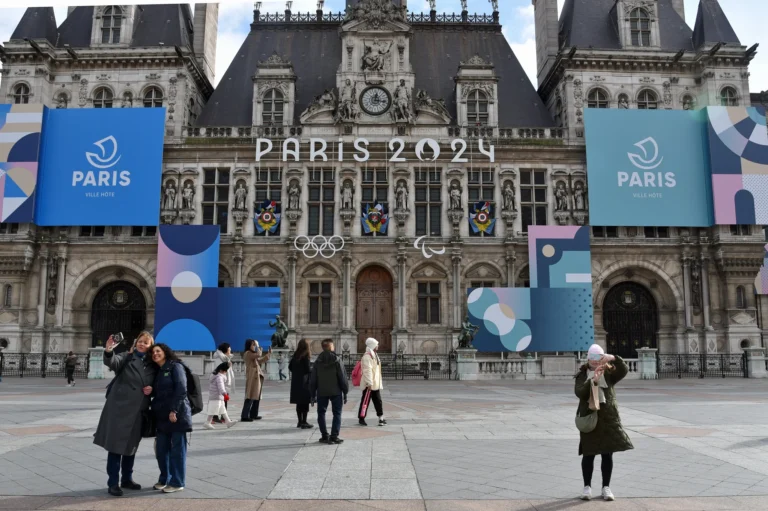The U.S Department of State reports the Mexico City Policy has not negatively impacted U.S. foreign aid programs in poor and developing countries, debunking the claims of liberals that the policy is harmful to women’s health and to foreign health care programs in general.
The State Department report was released on August 18th and was the result of a multi-year follow-up assessment of the Mexico City Policy following the Trump administration’s six-month review of the policy’s implementation in February of 2018.
The Mexico City Policy prohibits U.S. foreign aid dollars for health programs from being used to fund foreign organizations that perform or promote abortion as a method of family planning in foreign countries. The policy blocks funding to international organizations that actively promote abortion such as the International Planned Parenthood Federation (IPPF) and Marie Stopes International (MSI).
The Mexico City Policy was first introduced during the Reagan administration in 1984. The policy was subsequently rescinded under Presidents Clinton and Obama and reinstated under Presidents Bush and Trump and for one year by act of Congress during the Clinton administration. The policy has been in effect in 21 of the past 37 years.
President Trump reinstated a vastly expanded version of the Mexico City Policy as one of his first acts as president on January 23, 2017.
While previous versions of the Mexico City Policy under the Regan and Bush administrations only blocked U.S. foreign aid for family planning programs, the Mexico City Policy under the Trump administration blocks pro-abortion organizations from receiving U.S. foreign aid for any and all global health programs.
Whereas the U.S. government annually spends about $600 million in foreign aid on family planning, global health programs amount to approximately $8.8 billion in U.S. foreign aid per year.
The Mexico City Policy under the Trump administration has been renamed the Protecting Life in Global Health Assistance Policy (PLGHA).
Over the years, the Mexico City Policy has blocked billions of taxpayer dollars from subsidizing organizations that perform or promote abortion.
When organizations refuse to comply with the policy, funds are instead given to other capable organizations that are willing to comply with the policy. The Mexico City Policy does not reduce the amount of U.S. foreign aid for global health programs.
Yet, for decades, liberals have vilified the Mexico City Policy as innately harmful to women’s health and to foreign health care programs in general. Opponents have long disparagingly referred to the policy as the “global gag rule.”
When President Trump reinstated the Mexico City Policy in 2017, Democrat House member and current House Speaker Nancy Pelosi speciously claimed that the Mexico City Policy has “inflicted untold suffering on millions of women around the world.”
When Secretary Mike Pompeo announced last summer that the State Department would be extending the Mexico City Policy to foreign NGOs that financially support pro-abortion organizations, Pelosi again claimed that “Millions of women … will be arbitrarily left without care.”
The National Abortion Federation has decried the Trump administration’s Mexico City Policy, claiming without evidence that the policy would “endanger already vulnerable women by further curtailing their access to accurate information and safe reproductive health care services.”
Democrat Senator from Delaware Chris Coons once claimed the Mexico City Policy has “hurt women’s health around the world, denying access to life-saving family-planning and reproductive health services.”
“The United States should never force non-government organizations to choose between receiving American aid and providing comprehensive reproductive health care to women,” California Senator and 2020 vice presidential candidate Kamala Harris said in a press release last year. The term “comprehensive reproductive health care” is a common euphemism used by abortion activists to refer to abortion.
Senator Harris has cosponsored a bill in the Senate called the HER Act which seeks to permanently repeal the Mexico City Policy.
Liberals have long made baseless and absurd claims that the Mexico City Policy does significant harm to foreign health programs. But a recent impartial assessment on the effects of the policy from the State Department and the United States Agency for International Development (USAID) has found that the Mexico City Policy under President Trump has not adversely affected the U.S. government’s global health programming.
The State Department’s report revealed that out of 1,340 prime awards for global health programs that were either ongoing or newly awarded since the Mexico City Policy went into effect, only 8 grantees refused to abide by the Mexico City Policy. Out of the 8 grantees that refused, two of them were international organizations notorious for performing millions of abortions annually: the International Planned Parenthood Federation (IPPF) and Marie Stopes International (MSI).
According to IPPF’s 2019 Annual Performance Report, IPPF’s affiliates collectively performed 1,389,954 abortions worldwide in 2019 alone. MSI’s most recent financial statements reveal that MSI and its affiliates performed over 4.8 million “abortion and post-abortion” services in 2018.
Additionally, USAID found that 47 sub-grantees also refused to comply with the Mexico City Policy. No sub-grantees were reported to have refused to comply with the policy with awards furnished by the Department of State or the Department of Health and Human Services (HHS). In all, 55 recipients refused to comply with the Mexico City Policy.
Since the U.S. government has a direct legal relationship only with prime grant recipients, the government relies on prime grantees to voluntarily self-report the amount of U.S. government funds they sub-grant to other organizations. As a result, the U.S. government is not aware of the total number of sub-grantees that agreed to accept the Mexico City Policy and how many refused to comply.
According to the report, the Mexico City Policy is applicable to 486 prime awards furnished by USAID. Although the U.S. government is unaware of the total number of subawards, it is typical for an award to have at least one or many more sub-grantees. According to the report, USAID has indicated that it believes the number of sub-awards that the policy is applicable to far outnumbers 486.
According to the State Department’s report, in most of the cases where grantees refused to comply with the Mexico City Policy, the health projects “did not experience a disruption in the delivery of health care or significant delays in implementation.”
“When organizations declined the terms of PLGHA, the transitions to alternative health providers have been, for the most part, smooth,” the report reads.
In situations where the sub-grantee refused to stop performing or promoting abortion, the State Department’s report found that, in most cases, the prime grantee or another sub-grantee in the project was able to fill in for the declining organization by performing the health activities themselves. In other cases, the prime grantee found other replacement organizations to carry out the work that the declining sub-grantees were performing. According to the report, in most cases where sub-grantees rejected the policy, prime grantees “ensured the continuation of project activities with minimal disruption.”
In only a few cases did USAID struggle to find new capable organizations to continue the work of a health program and only in a few cases was there a long gap in service. But according to the report, “To some extent, this [gap in service] has been addressed by a prime recipient or an existing sub-recipient directly implementing the activities.”
A similar report released by the U.S. Government Accountability Office (GAO) earlier this year revealed that the Mexico City Policy under the Trump administration has blocked an estimated $153 million to pro-abortion organizations.
Far from proving that the Mexico City Policy has adversely affected U.S. foreign aid programs, the GAO’s report showed that only a small percentage of U.S. global health assistance funding was impacted by the policy. According to the GAO’s report, the $153 million in blocked funding represents only an estimated 1.2% of the $12.3 billion in planned funding the U.S. government had slated to furnish for global health programs.
And far from impacting a wide swath of organizations, the Mexico City Policy appears to have only narrowly impacted extreme organizations that make abortion a central part of what they do. According to the GAO’s report, of the $153 million in blocked funding, $125.2 million (or 81.6%) of this funding was slated to go to either IPPF, MSI, or one of their affiliates.
According to a recent Marist/Knight of Columbus survey, 76% of Americans are opposed to using tax dollars—such as U.S. foreign aid—to fund organizations that perform or promote abortion in foreign countries.









